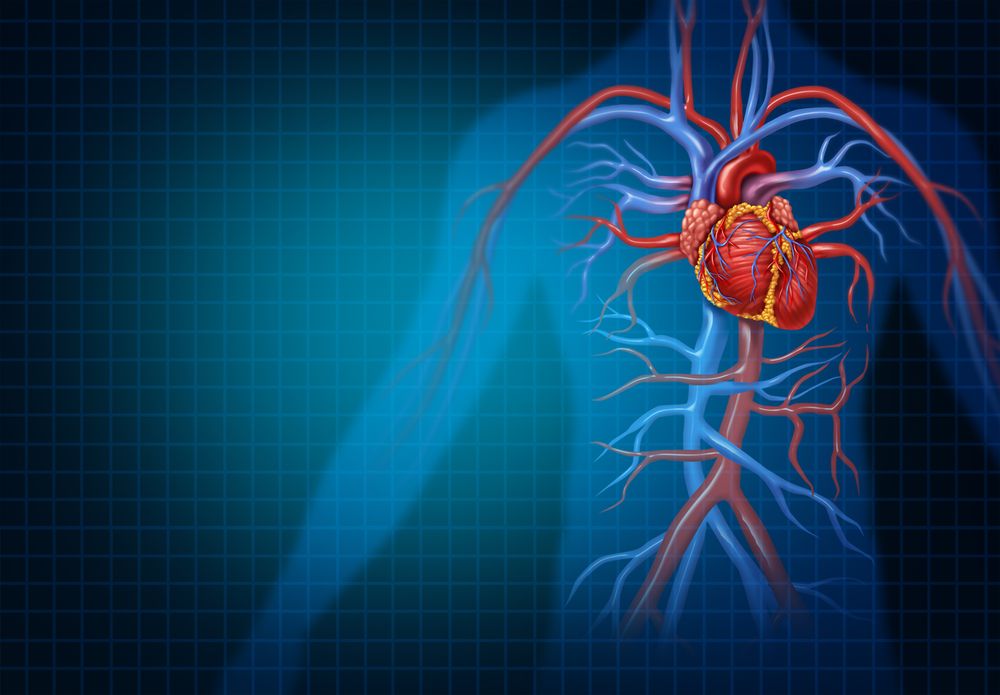This brain implant gives users prosthetic memory that can boost the brain’s short-term recall.
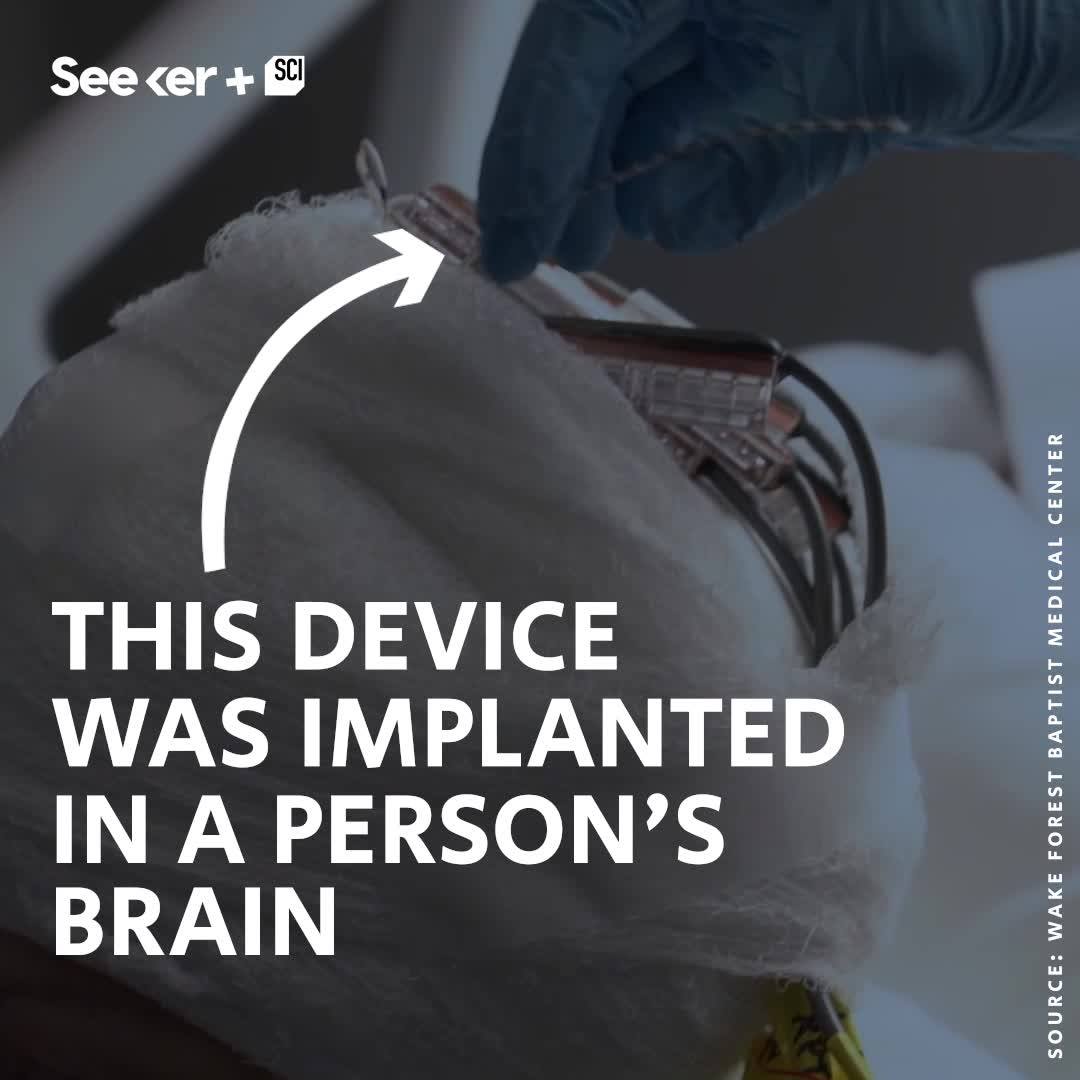

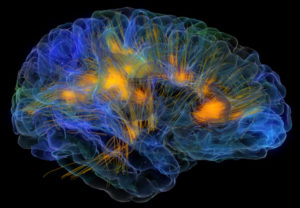
New research shows that the brain‘s neuroplasticity isn’t as flexible as previously thought.
One of the brain’s mysteries is how exactly it reorganizes new #information as you learn new tasks. The standard to date was to test how neurons learned new behavior one #neuron at a time.
Carnegie Mellon University and the University of Pittsburgh decided to try a different approach. They looked at the population of neurons to see how they worked together while #learning a new behavior. Studying the intracortical population activity in the primary motor cortex of rhesus macaques during short-term learning in a brain–computer interface (BCI) task, they were able to study the reorganization of population during learning.
Their new research indicates that when the brain learns a new activity that it is less flexible than previously thought. The researchers were able to draw strong hypothesis about neural reorganization during learning by using BCI. Through the use of BCI the mapping between #neural activity and learning is completely known
“In this experimental paradigm, we’re able to track all of the neurons that can lead to behavioral improvements and look at how they all change simultaneously,” says Steve Chase, an associate professor of biomedical engineering at Carnegie Mellon and the Center for the Neural Basis of Cognition.
“When we do that, what we see is a really constrained set of changes that happen, and it leads to this suboptimal improvement of performance. And so, that implies that there are limits that constrain how flexible your brain is, at least on these short time scales.”
It is often challenging to learn new tasks quickly that require a high level of proficiency. Neural plasticity is even more constrained than previously thought as results of this research indicate.
“None of us predicted this outcome,” says Matthew Golub, a postdoctoral researcher in electrical and computer engineering at Carnegie Mellon. “Learning is far more limited on the scale of a few hours than any of us were expecting when we started this. We were all surprised that the brain wasn’t able to choose the best strategy possible.”
The research was done in collaboration with the Center for Neural Basis of Cognition, a cross university research and educational program between Carnegie Mellon and the University of Pittsburgh that leverages each institution’s strengths to investigate the #cognitive and neural mechanisms that give rise to biological intelligence and behavior.
Nature Neuroscience (2018) Full Abstract Study
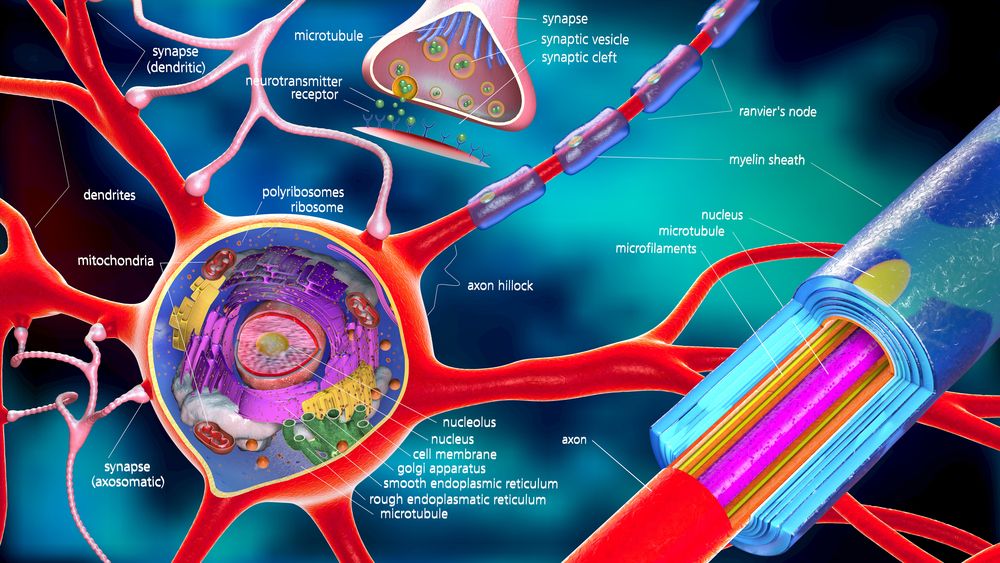
An interaction between aggregate alpha synuclein and ATP synthase implicated in Parkinson’s Disease.
An open-access paper published in Nature Communications sheds light on how an accumulation of α-synuclein protein in brain cells contributes to causing Parkinson’s disease. In particular, the researchers discovered how clumps of the protein damage important proteins on mitochondrial surfaces, leading to impaired energy production, swelling and bursting of the mitochondria themselves, and, ultimately, cell death [1].
Study abstract

Sleep deprivation affects nearly all parts of your brain, but it is most detrimental to simple cognitive functions that we take for granted, such as memory and staying alert.
Ph.D. neuroscience candidate Shannon Odell says scientific research suggests that sleep deprivation majorly reduces cognitive performance. Studies have shown that patients have significantly reduced their thinking ability after just one night of sleep deprivation, specifically in the hippocampus, also known as the memory center.
Watch Your Brain on Blank on Facebook for more mind-expanding brain truths.

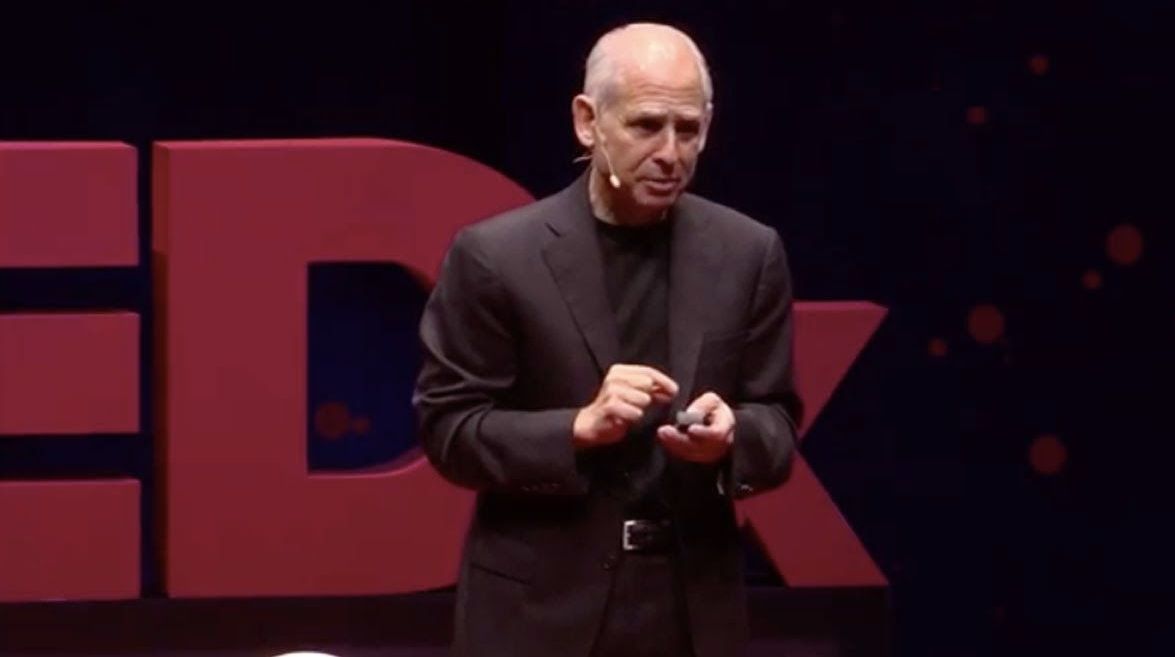
Never miss a talk! SUBSCRIBE to the TEDx channel: http://bit.ly/1FAg8hB
In the spirit of ideas worth spreading, TEDx is a program of local, self-organized events that bring people together to share a TED-like experience. At a TEDx event, TEDTalks video and live speakers combine to spark deep discussion and connection in a small group. These local, self-organized events are branded TEDx, where x = independently organized TED event. The TED Conference provides general guidance for the TEDx program, but individual TEDx events are self-organized.* (*Subject to certain rules and regulations)

Let me propose a hypothetical future scenario: Let’s say that we’ve since developed an advanced method of brain-to-brain (B2B) communication, to which, naturally, has become quite popular among the younger generation of that time.
How might we judge futuristic societies using our present day standards? Better yet, how might the past have judged us today and would there be a difference?
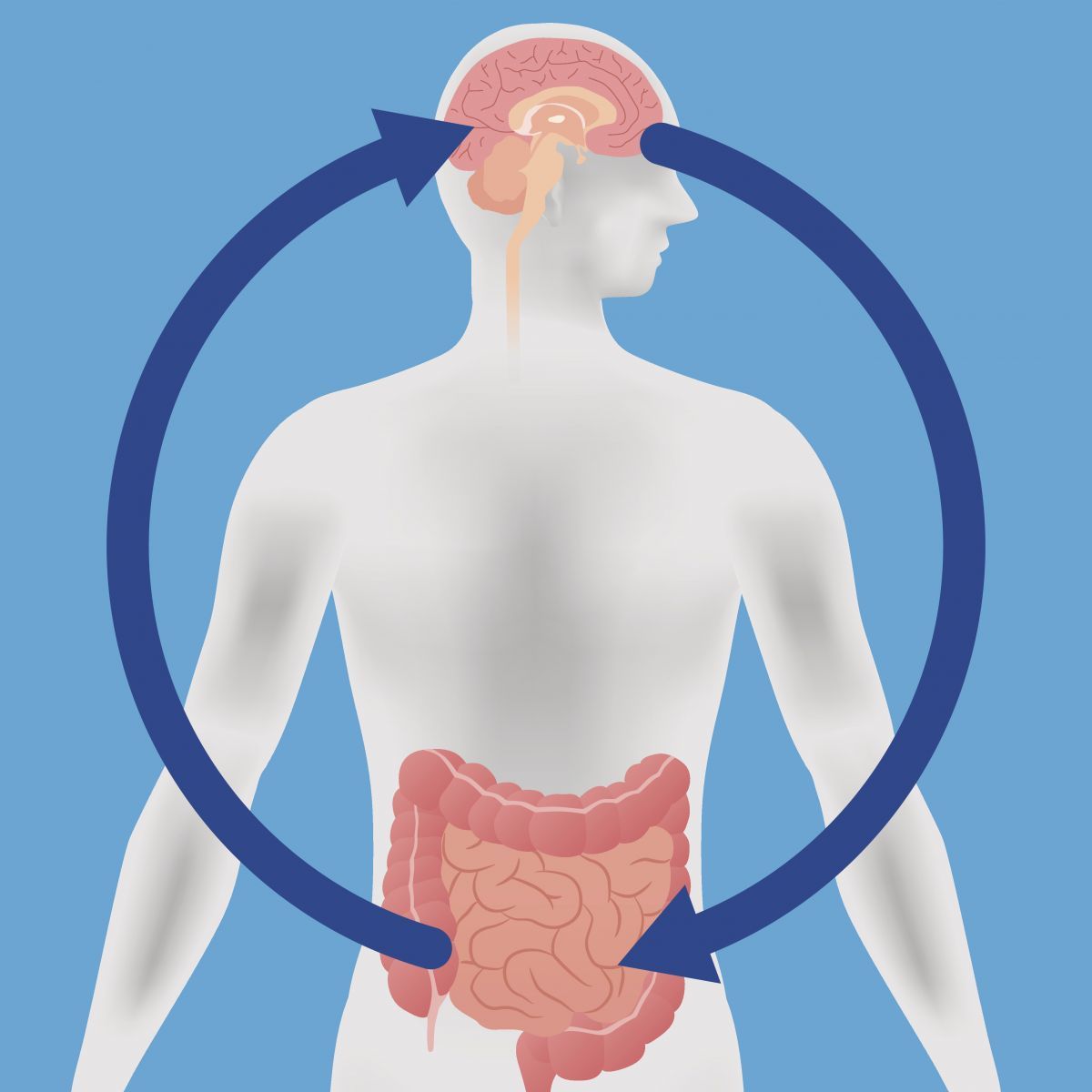
Probiotics can do more than improve your gut health. They also may indirectly enhance your brain, too.
Research shows that the gut and brain are connected, a partnership called the gut-brain axis. The two are linked through biochemical signaling between the nervous system in the digestive tract, called the enteric nervous system, and the central nervous system, which includes the brain. The primary information connection between the brain and gut is the vagus nerve, the longest nerve in the body.
The gut has been called a “second brain” because it produces many of the same neurotransmitters as the brain does, like serotonin, dopamine, and gamma-aminobutyric acid, all of which play a key role in regulating mood. In fact, it is estimated that 90% of serotonin is made in the digestive tract.
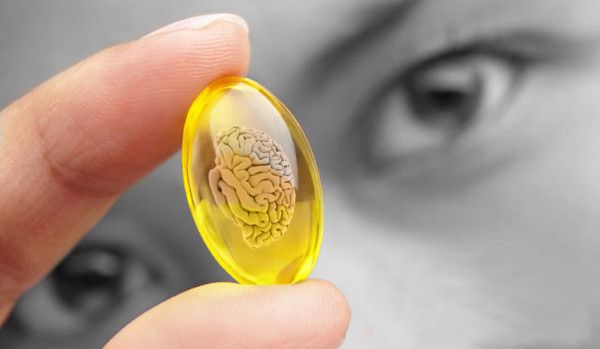
Why is no one talking about this? — “More than one-third of U.S. adults are taking prescription medications that may lead to depression, new research finds. The study, published in the Journal of the American Medical Association, warns that depression is a potential side effect of more than 200 commonly prescribed medications, including beta blockers for blood pressure, birth control pills, antacids, and painkillers.”
___ Many Americans taking common meds that may cause depression, study finds (CBS News): “More than one-third of U.S. adults are taking prescription medications that may lead to depression, new research finds. The study, published in the Journal of the American Medical Association, warns that depression is a potential.
